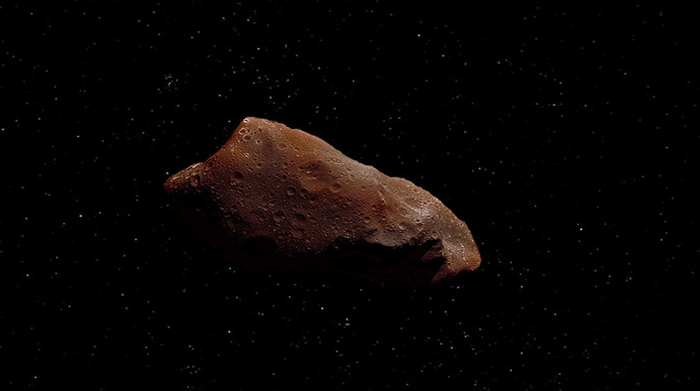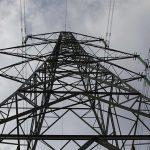NASA Conducts Asteroid Disaster Tabletop Drill

Image courtesy of 2di7 & titanio44 under Attribution-Noncommercial-Noderivs 2.0 Generic License, resized to 700 x 391 pixels.
Could we experience a massive asteroid disaster within the U.S. at some point in our lifetimes? Well, apparently NASA thinks so, because the organization recently conducted its latest asteroid tabletop drill in Laurel, MD. The specific scenario encompassed a massive asteroid with a 72% chance of hitting the Earth in about 14 years. Color me intrigued!
Details of NASA’s Asteroid Disaster Drill
If you’ve been reading this blog for any period of time, you probably know that I am a big fan of leveraging training, exercises and drills to maximize emergency preparedness. And although an asteroid disaster scenario is probably too far “out there” for utility company drills, there are clearly some elements that can be gleaned from NASA’s experience.
The overall goal of this latest NASA drill, which is conducted every couple of years, was to enhance the country’s ability to respond to future asteroid threats. While it’s an unlikely scenario, astronomers believe there are at least 25,000 asteroids in the proximity of Earth that are at least 140 meters in size.
The asteroid featured in NASA’s drill was estimated to be anywhere from 60 meters to half a mile long (800 meters). Even a 60-meter asteroid could create chaos – if it hit in the middle of the ocean, no big deal, but if it were to land near a metropolitan area, all hell would break loose.
The drill participants discussed 3 potential options: wait until more information is obtained, launch a spacecraft toward the asteroid to gather more information, or develop technology that could alter its path. Each option was weighed based on known uncertainties, the availability of funding, and considerations regarding the governmental decision-making process.
According to the post-drill report, there was a concern or belief amongst the participants that funding would be inadequate or unavailable, and that the political decision-making process would be painfully slow. Whether we’re talking an asteroid disaster or something else…seems pretty accurate to me!



